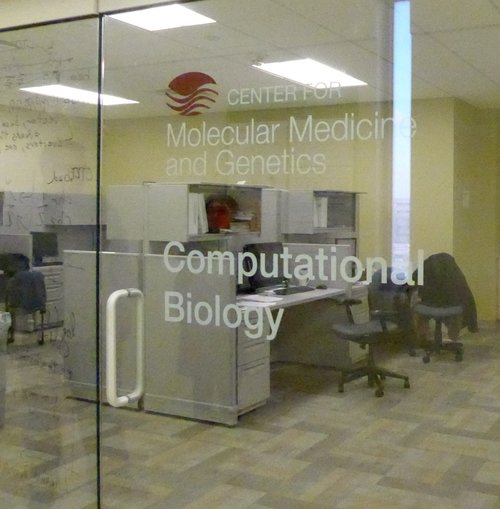Computational Biology, Biostatistics, Machine Learning, and Bioinformatics
Computational biology is a main focus area of the Center and utilizes and analyzes research data with state-of-the art “in silico” tools to examine large data sets also known as “big data.” The goal is to comprehensively mine information related to gene and protein function and to gain deep insights into the most crucial processes in the cell ranging from genetic to protein-protein interactions and to understand how gene and protein networks control biological systems in health and disease. Bioinformatic and statistical tools are developed and employed by Center faculty to discover the biology underlying human diseases and to detect genetic risk factors. Furthermore, computational structural biology aims at establishing the relations of protein structure, function, disease and evolution. Newly developed computational methods with high-throughput computer clusters allows studying proteins at the atomic level in an unprecedented manner, using theoretical models and molecular dynamics simulations to analyze protein folding, engineering, dynamics, and protein-protein and protein-ligand interactions. Finally, applications of biostatistics tools include clinical trial design and analysis, multiple testing and survival analyses, and high dimensional modeling.


